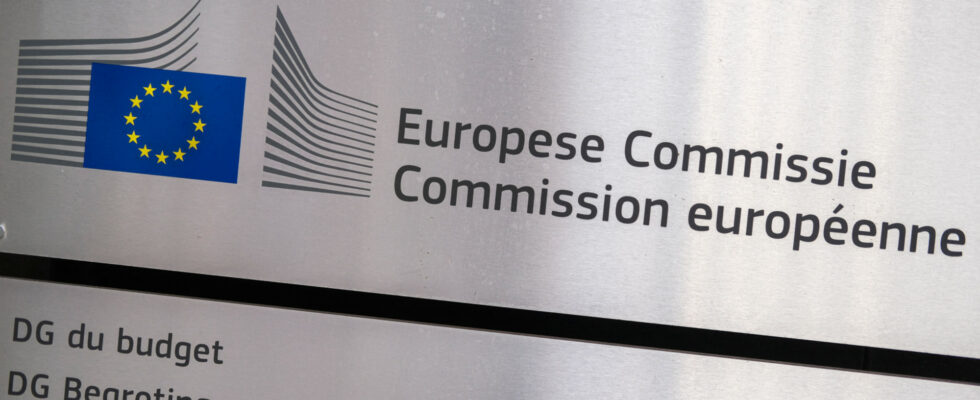Brussels proposed on Wednesday to grant a partial exemption from fallow obligations in the EU and to intervene to limit any uncontrollable increase in Ukrainian agricultural imports, offering guarantees to farmers protesting across Europe.
Since the exemption from customs duties granted in spring 2022 by the EU, the influx of Ukrainian agricultural products – cereals, eggs, chickens, sugar, etc. – has angered farmers. The latter accuse them of lowering prices on local markets and maintaining “unfair” competition by abstaining from certain European standards (pesticides, mass-raised poultry, etc.).
“Rapid corrective measures”
The European Commission has proposed renewing for an additional year, between June 2024 and June 2025, this exemption from customs duties granted to Ukraine, still undermined by its conflict with Russia. But by combining it with reinforced “safeguard measures” to limit the impact on markets and the repercussions for EU farmers, according to the text which will now be submitted to Member States and MEPs.
“We are sensitive to the concerns of States and the agricultural world (…) Even if our monitoring does not show any negative impact on the entire European market, we are aware of more localized effects,” acknowledged the vice-president of the Margaritis Schinas Commission. To remedy this, the “reinforced safeguard mechanisms” will make it possible to adopt “rapid corrective measures” in the event of significant disruptions on the European market, including when they only concern one or more States.
Measures which will remain supervised by Brussels, contrary to the unilateral embargo decided by five riparian states, led by Poland, in the spring of 2023 to the great dismay of the Commission, the sole policeman of EU trade policy.
An “emergency brake”
Above all, for products deemed “sensitive” – poultry, eggs and sugar – an “emergency brake” is planned to “stabilize” imports at average volumes imported in 2022 and 2023, levels beyond which customs duties would be imposed. reimposed. Another issue highlighted by the recent agricultural discontent: the fallow obligations imposed by the new Common Agricultural Policy (CAP) which came into force at the start of 2023. From now on, aid paid to farmers is conditional on compliance with agro-environmental criteria, including obligation to leave at least 4% of arable land fallow or agro-ecological infrastructure (hedges, groves, ditches, ponds, etc.).
Already suspended entirely last year without conditions, this obligation would be subject to a “partial exemption” for the year 2024 – with retroactive effect – according to a proposal submitted to the Twenty-Seven. Farmers will be able to benefit from CAP aid even if they do not have 4% fallow land, provided however that they reach 7% of intermediate or nitrogen-fixing crops (lentils, peas, etc.) without use. of phytosanitary products.
Brussels had suspended the fallow obligation after the start of the war in Ukraine to be able to produce more and compensate for disruptions in Ukrainian and Russian cereal supplies, but had initially refused to renew the measure in 2024 despite insistent calls for a majority of States including France. “With the accumulation of factors such as meteorological disasters, geopolitical tensions, high energy prices, we are obliged to act to ease the pressure on the agricultural world” while seeking “how to protect our biodiversity and soils”, commented another Vice-President of the Commission, Maroš Šefčovič.
